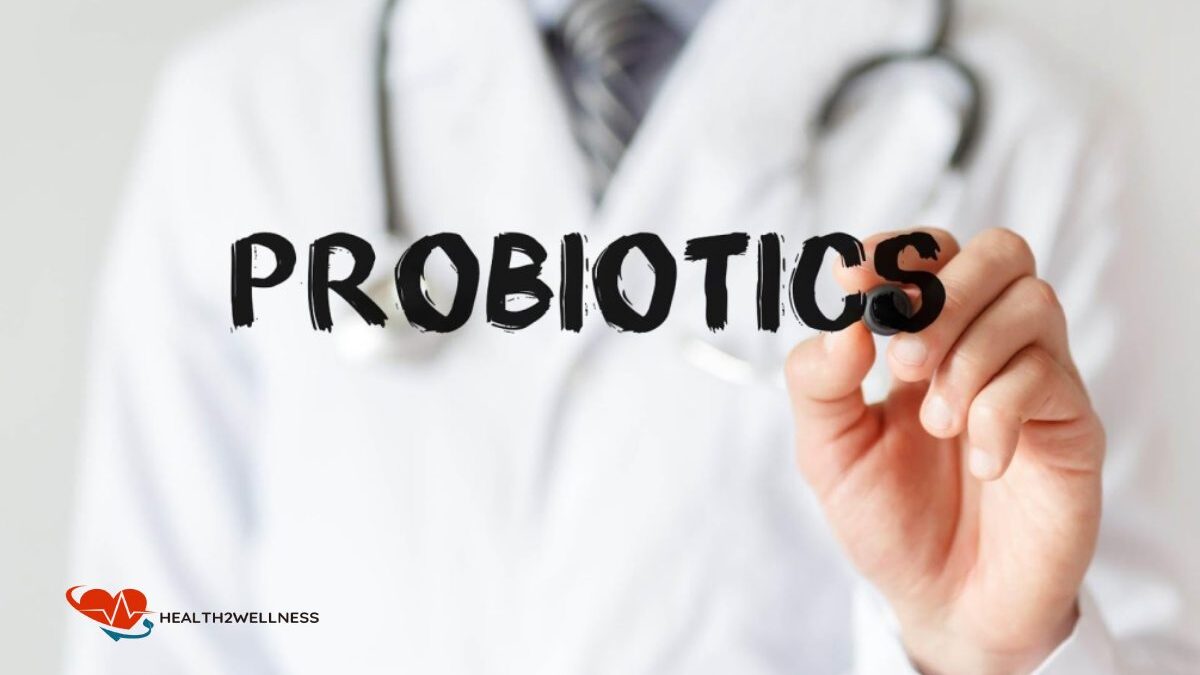Staying healthy in a fast-paced world isn’t always easy. Fast food, conveniently packaged meals, frozen dinners, and a large variety of unhealthy options abound. Finding ways to eat right is easier when you know what kind of food to eat. Nutritionists recommend protein, healthy fats, fiber, foods rich in antioxidants, and certain foods containing probiotics. Three square meals a day with lean protein, vegetables, and plenty of fiber is ideal, but sometimes you need to supplement your nutritional intake with vitamins or other health supplements like probiotics. But what are probiotics, and how can they help you stay healthy? Take a look at our guide below to learn about this amazing bacteria and why it’s such a good thing.
Table of Contents
What Are Probiotics?
Probiotics are a type of microorganism that helps keep your digestive system healthy. They are basically different varieties of bacteria in yeasts that help to maintain your gut health. There are a few types of probiotics. That’s the Lactobacillus bacteria, which is usually found in yogurt and fermented food items. It is beneficial for people who cannot digest lactose, and it can help relieve the symptoms of diarrhea. This probiotic can be found more commonly than some of the other types. Then there’s the Bifidobacterium bacteria that’s found in some other dairy products. They’re also one of the good bacteria’s found in the human body that provide positive benefits to your digestive system. Probiotics exist in different strains that come from both Lactobacillus and Bifidobacterium, each with its own benefits and uses. These can include the following strains, among others:
- Lactobacillus acidophilus
- Lactobacillus bulgarius
- Lactobacillus reuteri
- Streptococcus thermophilus
- Saccharomyces boulardii
- Bifidobacterium bifidum
- Bacillus subtilis
Different foods will contain these probiotic strains, and you can usually find out by reading the nutrition label on the package.
Benefits of Using Them
According to Harvard Health, the most significant benefits of eating foods containing probiotics (or taking probiotic supplements) is improving digestion and the overall health of your entire gut. But the benefits of probiotics don’t stop there. Probiotics reduce the discomfort that comes with constipation and diarrhea, in addition to curbing the effects of a number of gastrointestinal diseases. Additionally, probiotics are adept at reducing the effects of diarrhea caused by taking too many antibiotics and for improving urogenital health in women. Probiotics are considered safe because they’re already present in the digestive ecosystem and can be supplemented both naturally through eating various foods or by adding probiotic supplements to your diet.
Probiotics in Food
One of the simplest and best ways to get probiotics into your system is eating foods containing them. Fermented foods in particular are a great source of probiotics. Here are a few examples of foods that are high in probiotics:
- Yogurt and Greek yogurt (contains beneficial live bacteria strains)
- Sauerkraut (you know, fermented cabbage)
- Kimchi (fermented vegetables)
- Sourdough bread (made from a bacteria starter)
- Pickles brined in saltwater (traditional vinegar brine kills the good bacteria)
- Miso
- Cottage Cheese
- Kombucha
- Buttermilk
- Raw milk
- Raw cheese
Eating foods that are high in probiotics is easy (not to mention delicious), as many of these foods offer amazing flavors and versatile pairings with other dishes. If
Using Supplements
If you’re not able to eat enough foods that contain them or simply don’t like some of those foods, you may want to consider supplements. Supplements offer the same benefits of increased probiotic intake and can usually be taken daily. Using high-quality probiotic supplements in addition to your healthy diet can boost your immune system, digestive health, respiratory health in addition to relieving problems associated with numerous ailments like constipation, irritable bowel syndrome, acne, and eczema. Before taking a probiotic supplement, please be sure to check with your doctor to make sure that it is the right course of action for you. They can also help you navigate which strain of a probiotic is ideal for your system. Supplements can be quite beneficial, with plenty of options available to anyone seeking to use them to bolster their health and wellness.
Effectiveness
At the end of the day, the big question on everyone’s mind is probably, “how effective are probiotics and probiotic supplements?”
It depends on the individual. It’s entirely possible that taking antibiotics, while beneficial for eradicating illness-causing bacteria, may also eliminate some of the good bacteria that compose your gut’s microbiome. Consuming excess sugar, being incredibly stressed, and other factors can also have an adverse impact on good bacteria. So, recent studies suggest supplementing your probiotic intake daily may be the most effective way to increase the good bacteria in your gut. Because everyone is different and has unique dietary needs, the efficacy of using probiotic supplements can be highly individualized, but they’re an ultimately effective supplement with an array of positive benefits.

